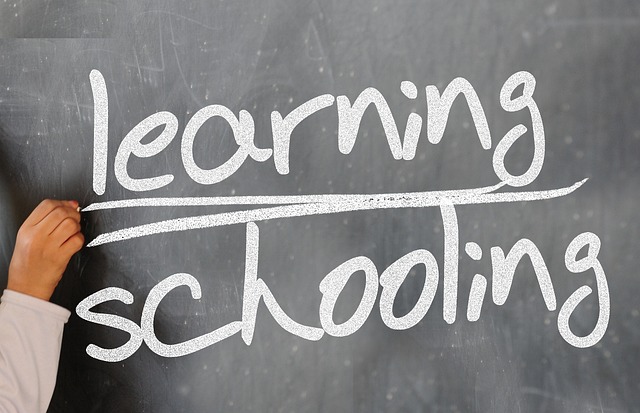Tutoring Services: Enhancing Music and Classroom Learning
Personalized tutoring services bridge gaps between formal education and individual learning needs, offering targeted support in subjects ranging from math and reading to music. A well-matched tutor can reinforce classroom lessons, complement a teacher’s instruction, and adapt pace and method to a student’s strengths. For learners of all ages, tutoring can build confidence, clarify difficult concepts, and make ongoing education more effective and enjoyable.

How does tutoring improve music skills?
A music tutor provides focused, one-on-one instruction that textbooks and crowded classroom settings can’t always deliver. Lessons with a tutor are tailored to the student’s instrument, style preferences, and technical level, enabling faster progress in areas like technique, sight-reading, ear training, and performance preparation. Tutors can break complex pieces into manageable practice segments, set realistic milestones, and monitor progress more closely than a group class, which often results in steadier improvement and higher engagement with the learning process.
How can tutoring support broader education goals?
Tutoring complements formal education by delivering personalized strategies for learning, study habits, and subject-specific skills that classroom time may not fully allow. Tutors help students develop critical thinking, time management, and problem-solving abilities while reinforcing curriculum content. For exam preparation or catch-up after absences, tutors can provide focused review and practice. Over time, these tailored interventions often translate into improved grades, deeper comprehension, and greater academic resilience—benefits that extend beyond a single subject and into lifelong learning.
What role does the teacher play alongside a tutor?
Teachers and tutors serve distinct but complementary roles in a student’s development. Teachers design and deliver curriculum for an entire classroom, manage group dynamics, and assess learning objectives. Tutors, by contrast, work individually to reinforce those objectives, address learning gaps, and adapt instruction to the student’s pace. Effective communication between teacher and tutor helps align goals: tutors can follow classroom themes, clarify homework expectations, and provide feedback that supports a teacher’s instruction. When coordinated, this partnership enhances consistency and accelerates student progress.
When should you consider hiring a tutor?
Parents, adult learners, and students may consider a tutor when classroom progress stalls, when a subject causes persistent frustration, or when preparing for specific assessments or auditions in music or academics. Early intervention often produces better outcomes, but tutors are also valuable for enrichment—helping students pursue advanced material beyond what’s offered in class. Tutors can be especially helpful during transitions (entering middle school or university), when adapting to different teaching styles, or when a student needs flexible pacing to master foundational concepts before moving forward.
How does tutoring change the classroom experience?
Quality tutoring can transform how students experience the classroom by building foundational skills and confidence that carry back into group learning. When a student receives individualized reinforcement, they participate more actively, follow lessons with greater clarity, and are less likely to fall behind. Tutors can teach strategies for note-taking, test preparation, and collaboration that improve classroom behavior and outcomes. Over time, this support can reduce the need for remediation, lighten the teacher’s workload for struggling students, and create a more balanced classroom dynamic where diverse learners thrive.
Conclusion
Tutoring services offer a personalized supplement to traditional education, whether the focus is academic subjects or music instruction. By targeting individual needs, aligning with classroom goals, and fostering better study habits, tutors help learners progress more efficiently and confidently. When chosen carefully—matching teaching style, goals, and communication needs—tutoring becomes a practical investment in a student’s ongoing development and enjoyment of learning.






